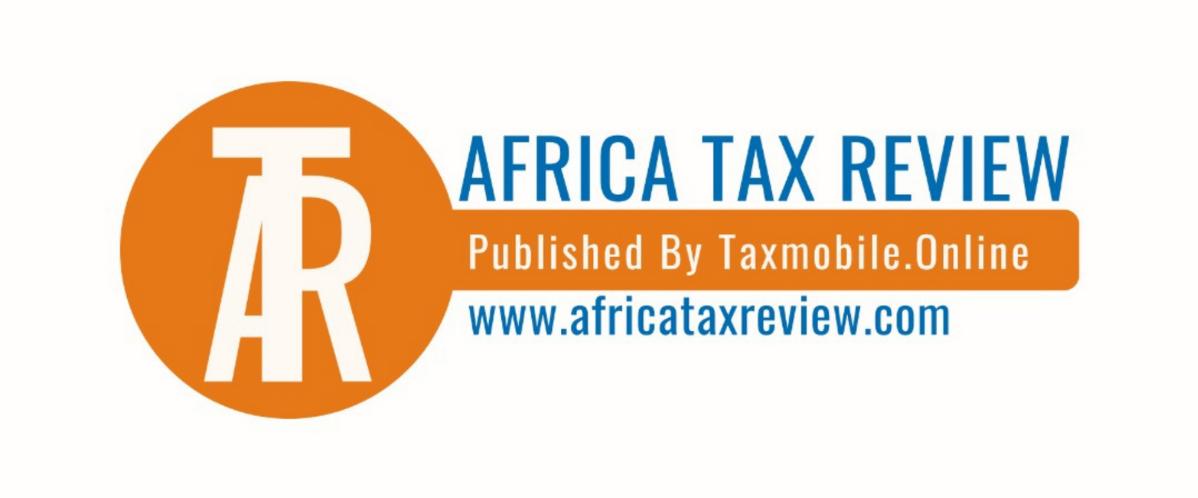
By Abdulateef Olatunji ABDULRAZAQ, Founder, Taxmobile.Online and Principal Partner, AOA Professional Services
Africa Tax Reform and Economic Growth. Tax reform is the process of changing the way taxes are collected or managed by the government and is usually undertaken to improve tax administration or to provide economic or social benefits.
The above includes reducing the level of taxation of all people by the government, making the tax system more progressive or less progressive, or simplifying the tax system and making the system more understandable or more accountable.
With the impact of the coronavirus pandemic on African countries’ public finances, it is hardly surprising that cash-strapped governments across Africa like Nigeria, Ghana, Cameroon, Kenya, Uganda and Zimbabwe looking at different tax reforms to broaden state revenues. That, in turn, has put the spotlight on tax collection across Africa more broadly.
For this post, we would focus on Nigeria. We would be looking at the National Tax Policy (NTP) which seeks to provide a set of guidelines, rules, and modus operandi that would regulate Nigeria’s tax system and provide a basis for tax legislation and tax administration in Nigeria.
The National Tax Policy is a document, which is essentially about taxation and other ancillary matters connected with taxation.
In January 2004, a private sector-driven working group was constituted to review the recommendations of the study group. Both working and study groups addressed macro and micro issues in tax policy and administration.
The decision to reform the tax system and develop a National Tax Policy that would serve as a guide to tax administration in Nigeria was necessitated by the Federal Government’s desire to address structural, institutional and other inherent problems in the existing tax system, to enhance effectiveness, efficiency and transparency.
In putting together a National Tax Policy, it is important to uphold the concept of federalism, as practised under the Nigerian constitution.
The 1999 Constitution of Nigeria places the responsibility for legislating on taxation of income, capital gains tax and stamp duty on the Federal Government. The same Constitution also place responsibility for legislating the collection of taxes, fees and charges that can be collected by local government on the state governments.
Africa Tax Reform and Economic Growth: More Nigerian Perspectives
The National Tax Policy recognises that the Federal Government through the National Assembly is empowered exclusively to impose taxes on incomes, profits, and capital gains and stamp duties on corporate organisations documents, while State Governments are empowered to collect taxes from individuals resident in their respective states as determined by the National Assembly.
Taxes imposed by the Federal Government are Companies Income Tax, Personal Income Tax, Education Tax, Petroleum Profits Tax, Capital Gains Tax, Value Added Tax and Stamp Duties.
Aside from Income taxes, State Governments, through their Houses of Assembly are also empowered to impose, fees, levies and rates collected by them and Local Government Authorities in their respective states.
There have been major changes in the tax systems of different countries with a wide variety of economic systems and levels of development in the last few years.
The purpose of these reforms varied from one country to another and the thrust of reforms has differed from time to time depending on the development strategy and philosophy of the times. In many developing countries, the immediate reason for tax reforms has been the need to enhance revenues to meet impending fiscal crises.
In conclusion, Nigeria had several reforms in the past, these reforms were not pursued under any policy direction and, in some cases, were carried out in an uncoordinated manner.
This informed the decision of the government to pursue a comprehensive reform of the tax system under the umbrella of National Tax Policy that would provide a direction for Nigeria’s tax system and establish a framework that all stakeholders would subscribe to and to which they would be held accountable.
Similar Article About Client
More About Author:
Olatunji is the founder Taxmobile.Online and Managing Partner/CEO of AOA Professional Services. Prior to this,Olatunji worked as Director,Tax & Regulatory Services at Nolands Nigeria Professional Services, Senior Manager -Tax,Regulatory & Advisory Services at Saffron Professional Services.
Subscribe to a Stitch in Tax Save Cash for more.
DISCLAIMER
The information contained herein is general and is not intended, and should not be taken, as legal, accounting or tax advice provided by Taxmobile.Online Inc to the reader. This information remains strictly the opinion of Taxmobile.Online Inc.
The reader also is cautioned that this material may not apply to, or suitable for, the reader’s specific circumstances or needs, and may require consideration of other tax factors if any action is to be contemplated. The reader should contact his or her Tax Advisers before taking any action based on this information.
All rights reserved. No part of this document may be reproduced, retransmitted or otherwise redistributed in any form or by any means, electronic or mechanical, including by photocopying, facsimile transmission, recording, rekeying, or using any information storage and retrieval system, without written permission from Taxmobile.Online Inc.

